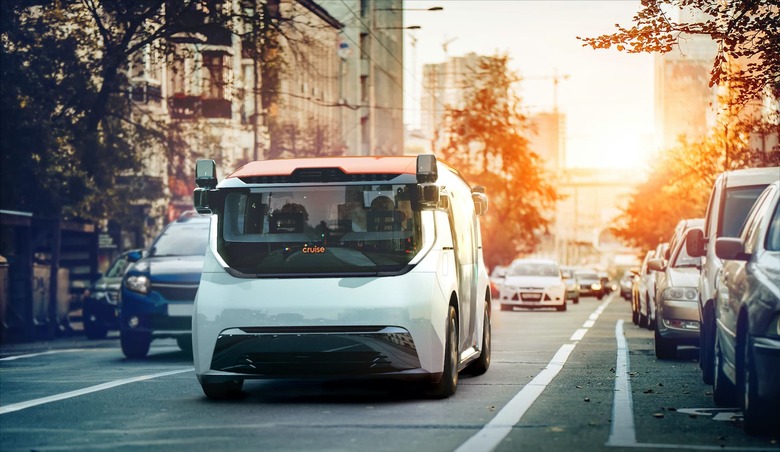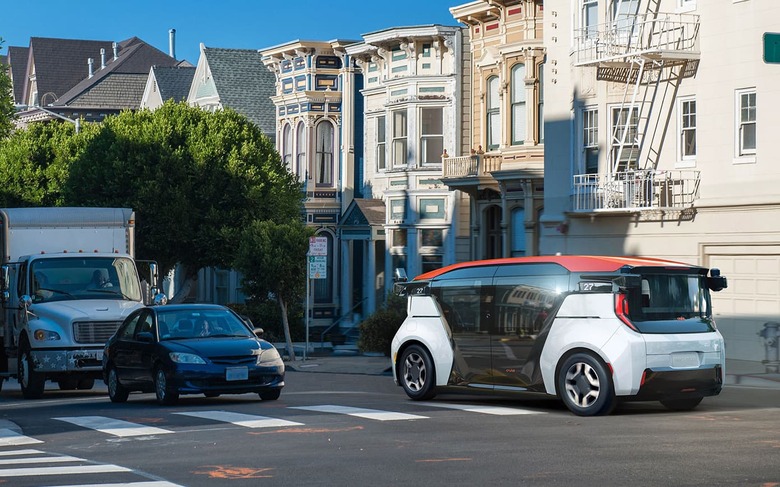Cruise Grabs Ex-Delta COO To Shepherd Robotaxis To The Road
Cruise AV, the GM-backed autonomous vehicle startup aiming to replace cabs with driverless electric pods, has brought in the big guns as it readies for a broad robotaxi rollout. Gil West, former Delta Air Lines Chief Operating Officer, has joined Cruise as its new COO, where he'll be responsible for figuring out how to launch autonomy at scale.
"Large robotaxi deployments are operationally very similar to large airlines," Kyle Vogt, president and CTO at Cruise, pointed out in announcing the new hire today. "Just like airliners, each AV needs to be charged, cleaned, serviced, and repaired. May involve large-scale, fixed-infrastructure hubs, but will also involve large floating / distributed / outsourced infrastructure."
West's job, then, will be familiar in some ways. The executive spent more than twelve years at Delta, and was made COO in 2014, before retiring in September 2020. In that role, he was responsible for managing worldwide operations for the airline, spanning 1,300 aircraft and a huge $16 billion budget.

The challenge at Cruise, however, will still be different, Vogt points out. "A robotaxi fleet may need to be 200-500x larger than Delta's to reach the same ~$50b in revenue," the CTO highlights, suggesting that Cruise has capacity to build such a fleet of autonomous vehicles at GM's recently-renamed Factory ZERO. The Detroit-Hamtramck Assembly Center is being refitted to switch from producing vehicles like the Cadillac CT6 and Chevrolet Impala, to electric models including the Cruise Origin.
Unveiled a year ago, Origin is a purpose-designed electric vehicle that Cruise intends to use to launch its robotaxi service. Unlike the retrofitted Bolt EVs that comprise its test fleet, Origin was intended for autonomy from the outset. Lacking traditional controls like a steering wheel, pedals, or mirrors, it has spacious seating for four accessed by sliding doors on either side, with embedded touchscreens for setting destinations, monitoring trip progress, adjusting the HVAC settings, and controlling media playback.

As Vogt highlights, a fleet numbering half a million vehicles or more isn't just a production conundrum but an operational one. "But this fleet will require a massive operational infrastructure – on the same scale as Fedex, UPS, or the US Postal Service," he suggests.
Cruise has said it expects production of the Origin AV to begin at Factory ZERO sometime in 2022. It's unclear where the company intends to launch its ride-hailing service first, though it has been operating a test fleet in San Francisco. In October 2020 it was granted permission to operate its autonomous electric vehicles without a human backup driver onboard in California.
